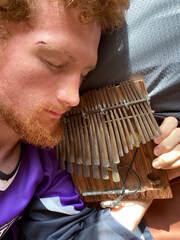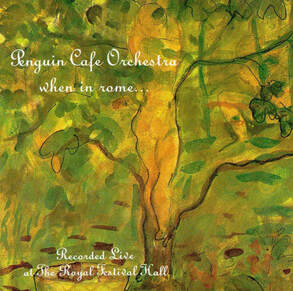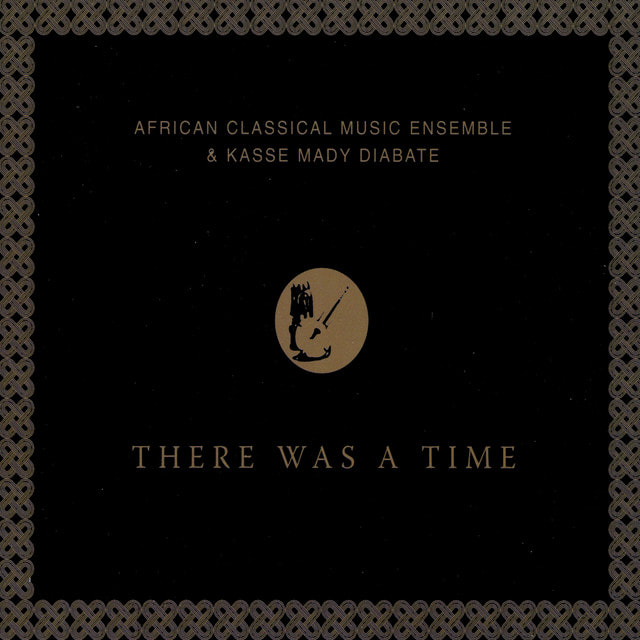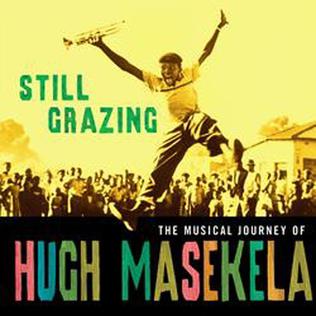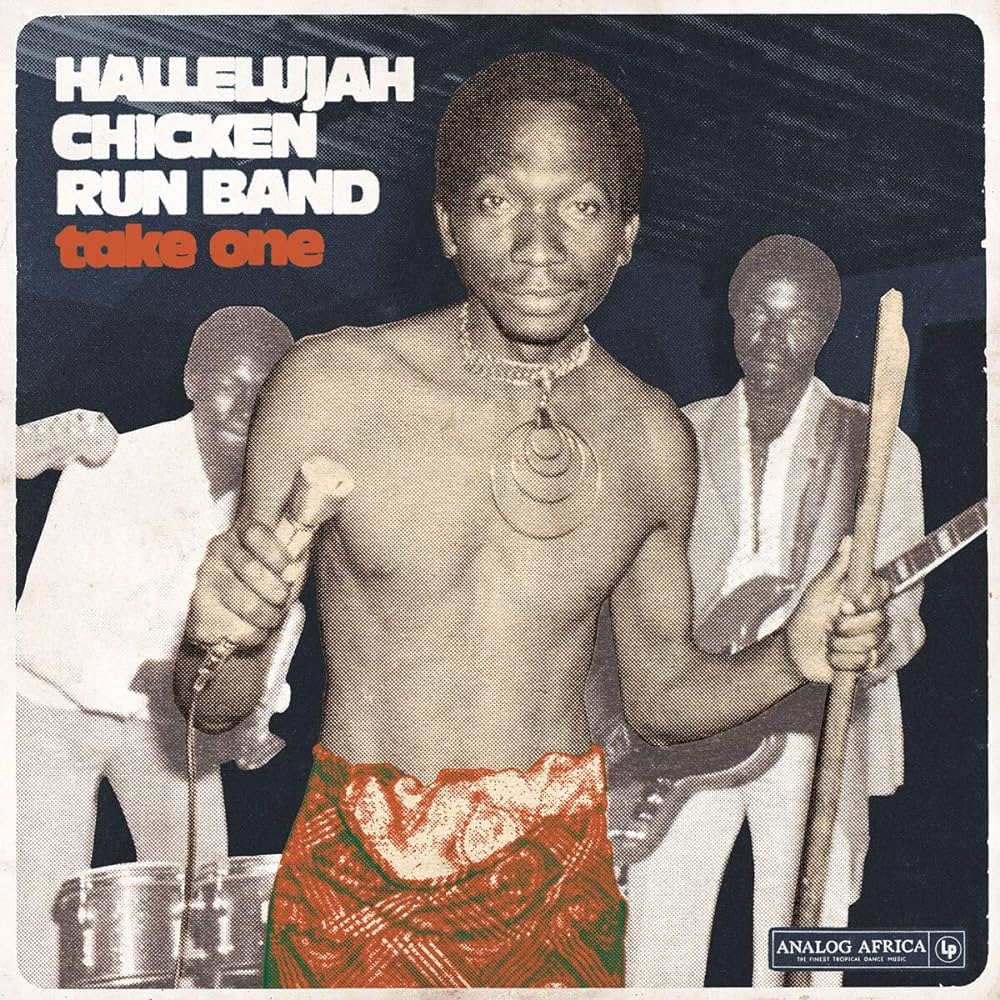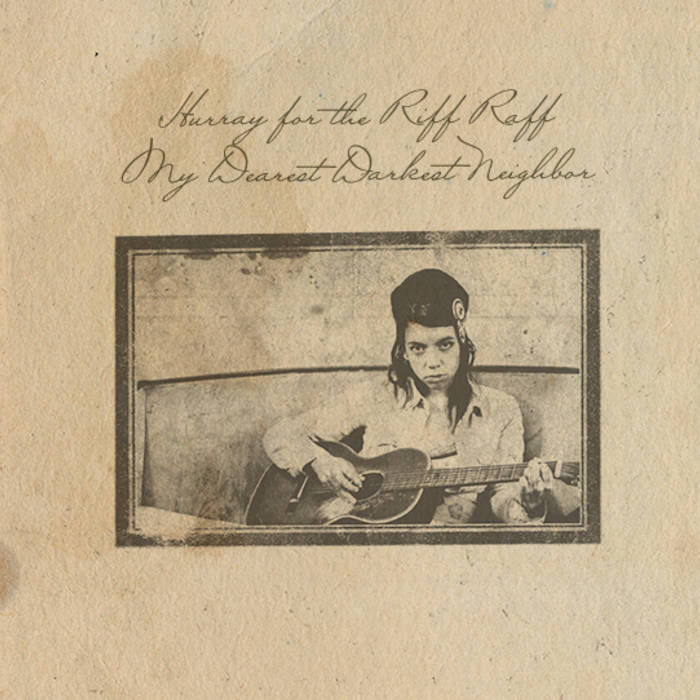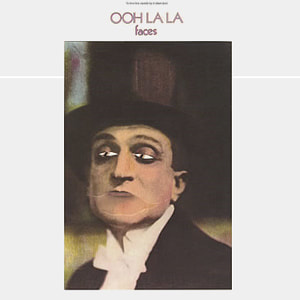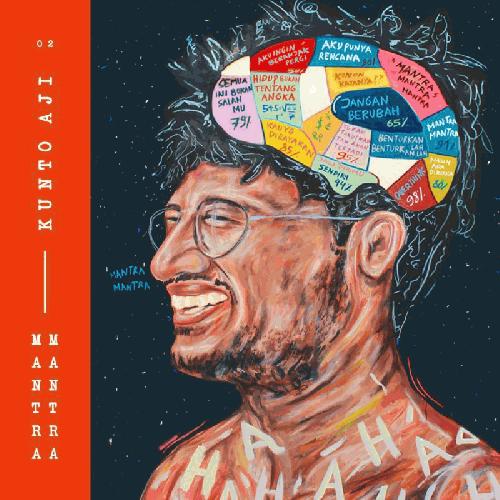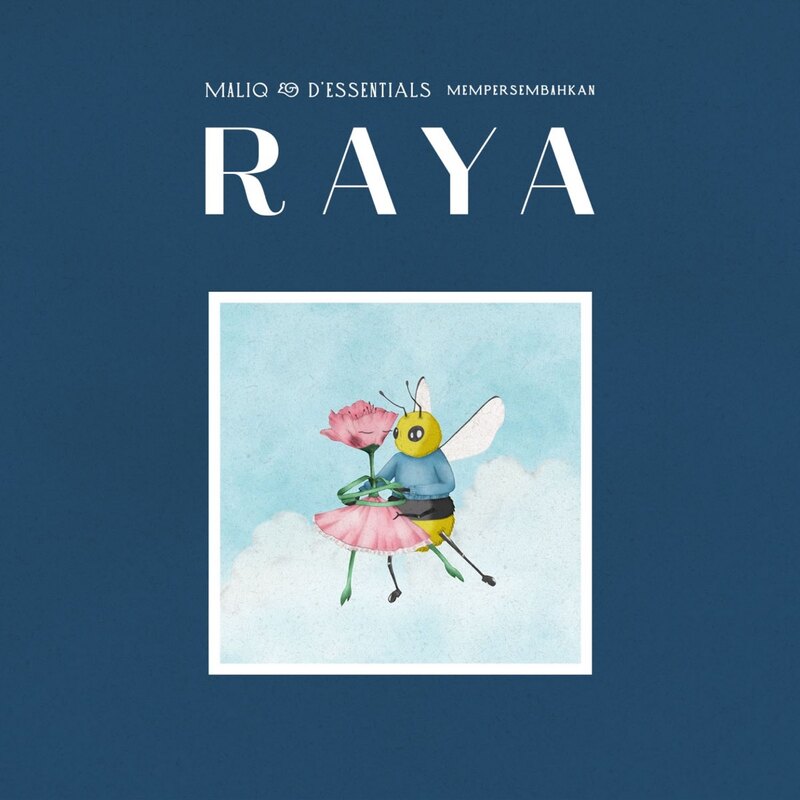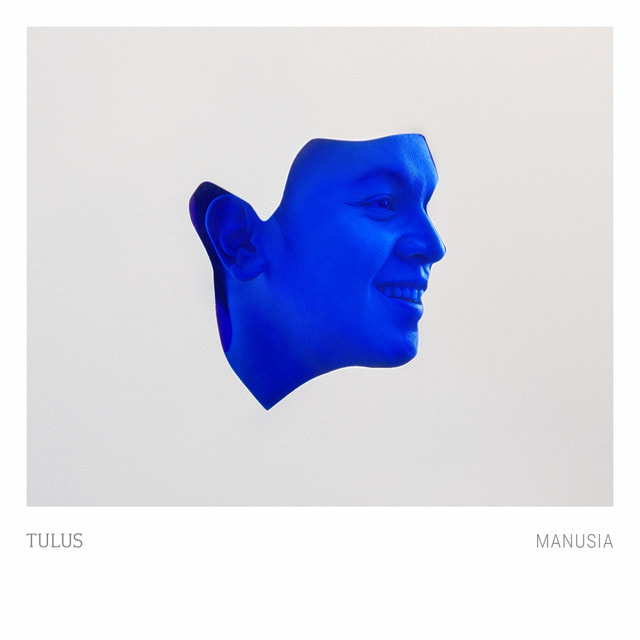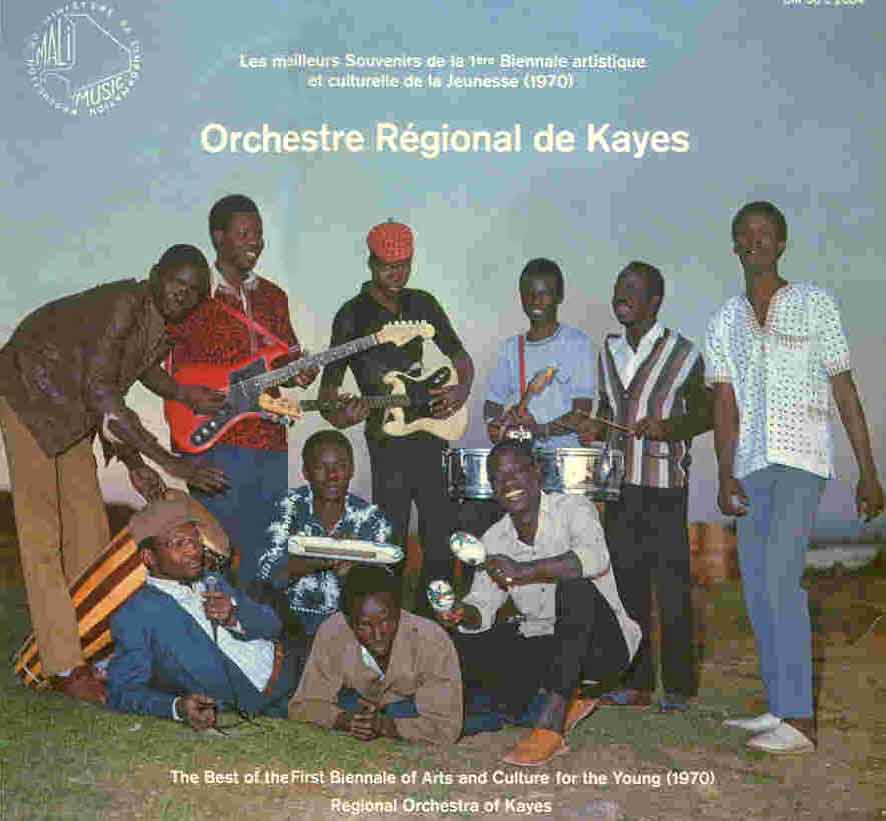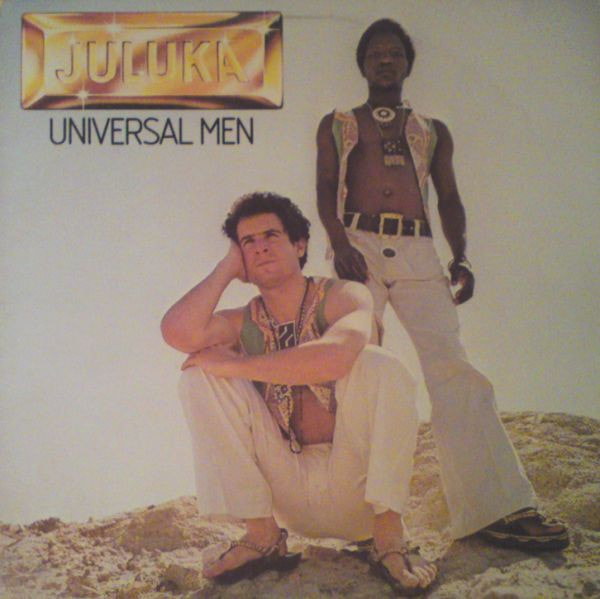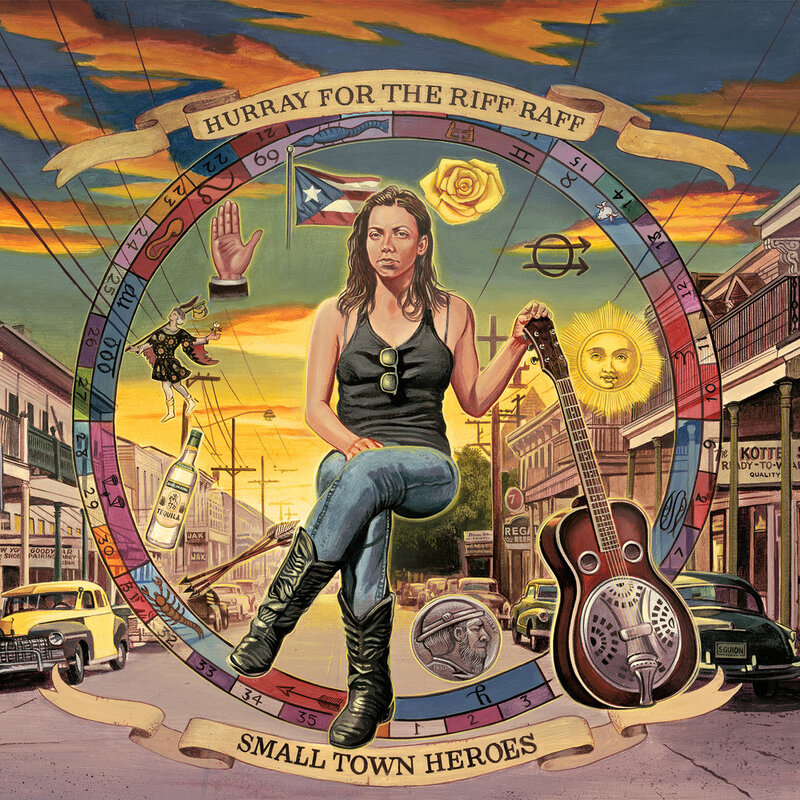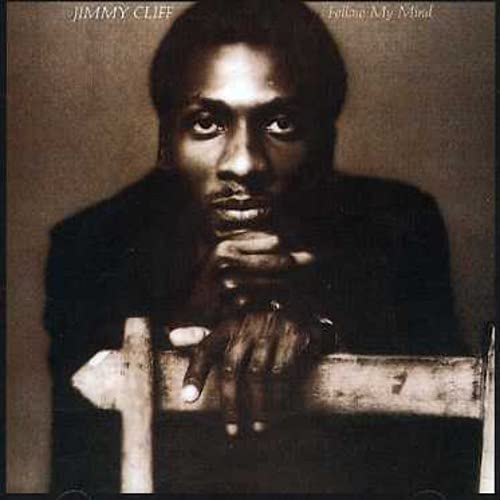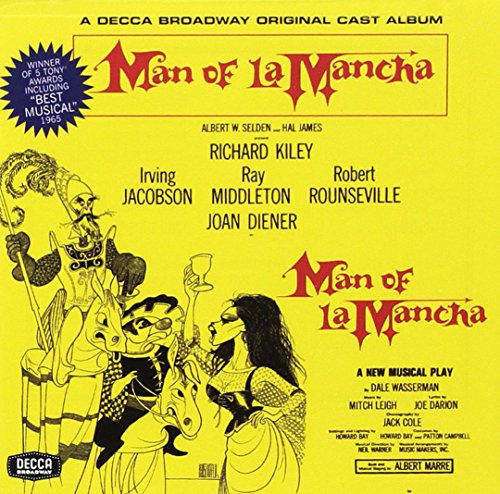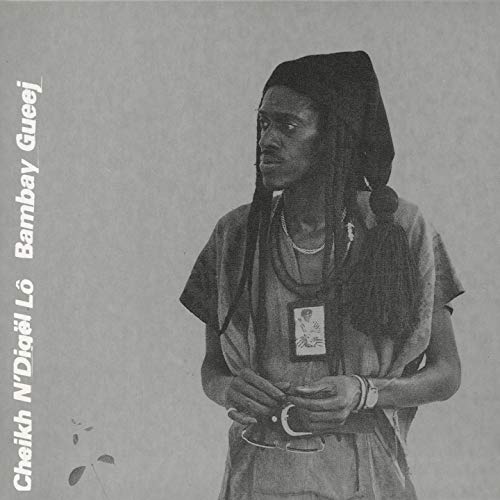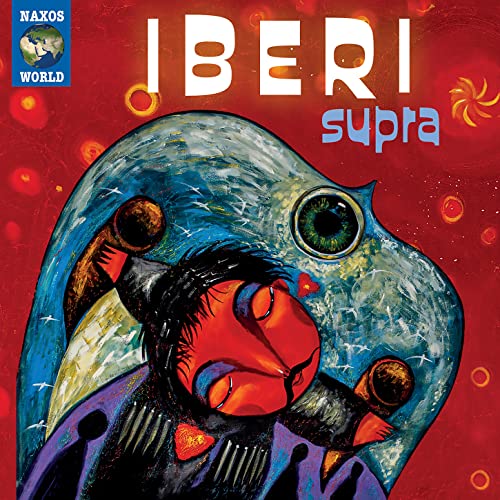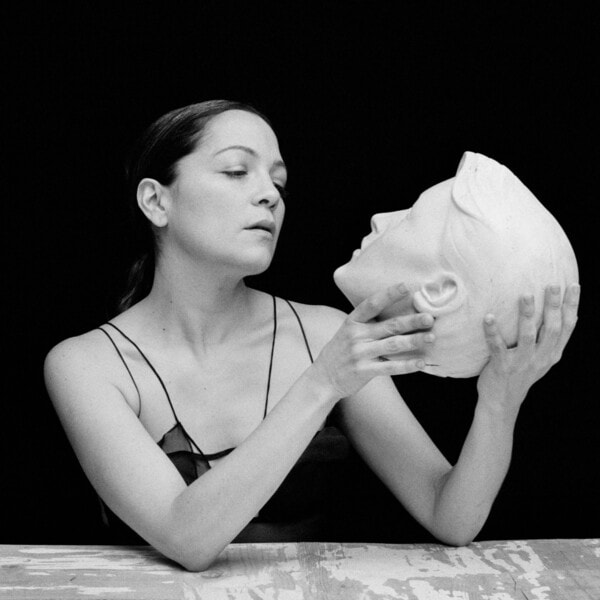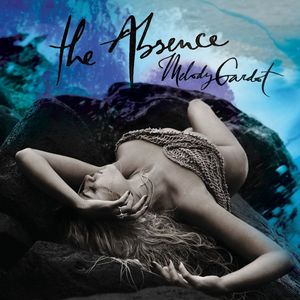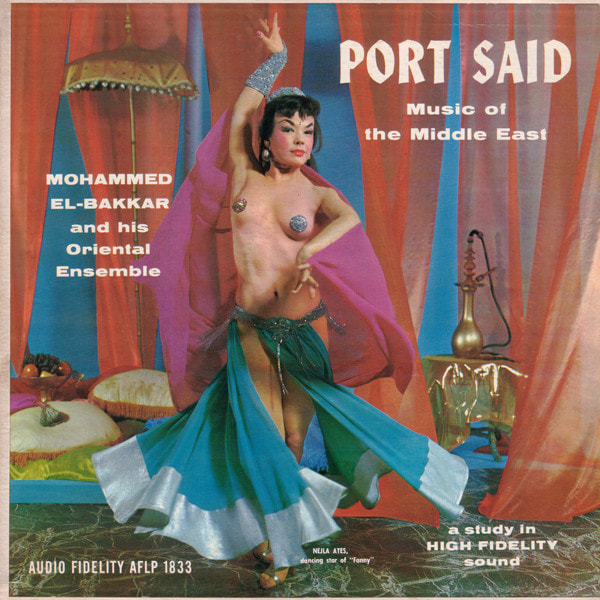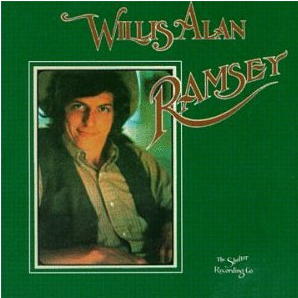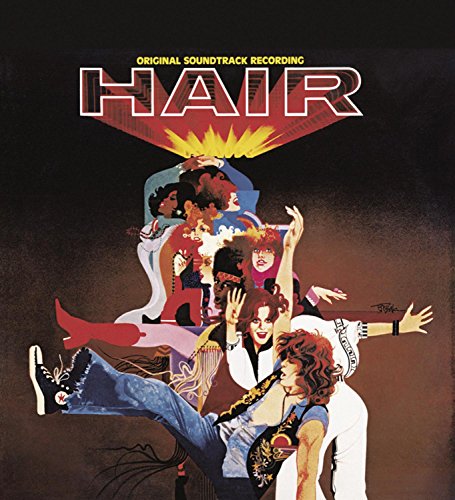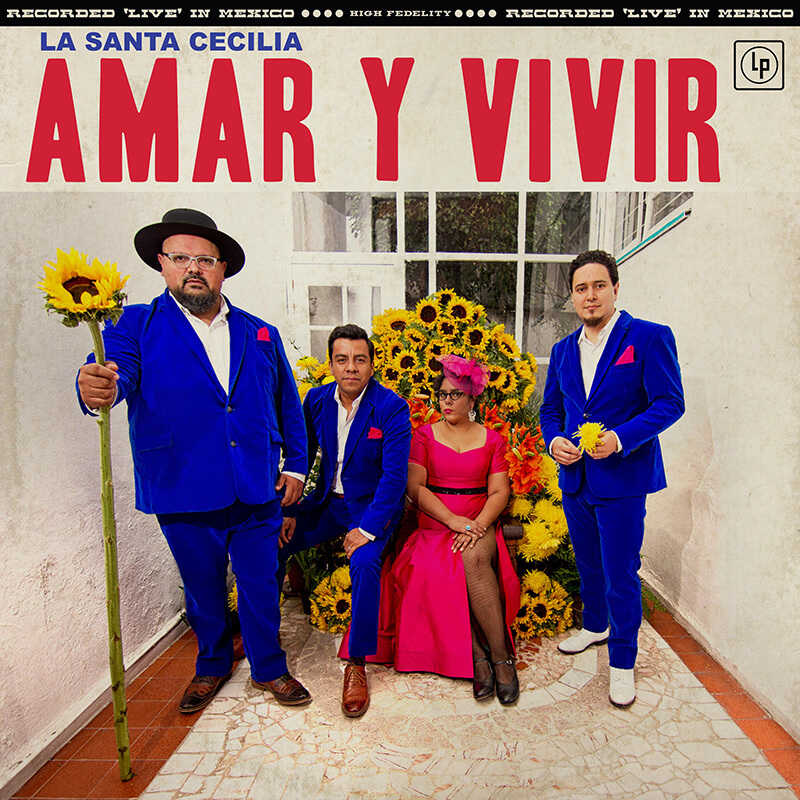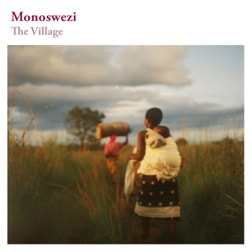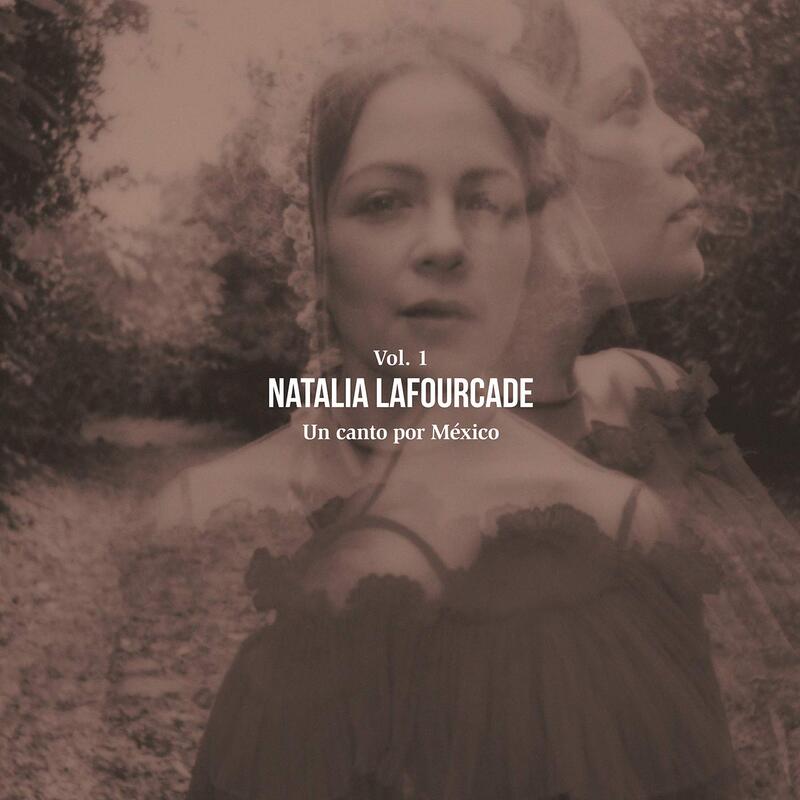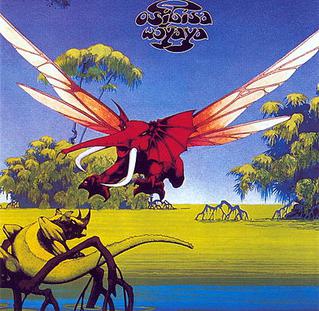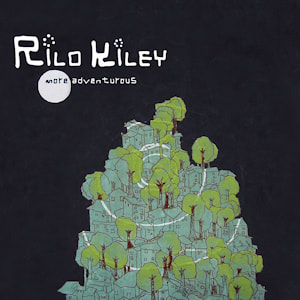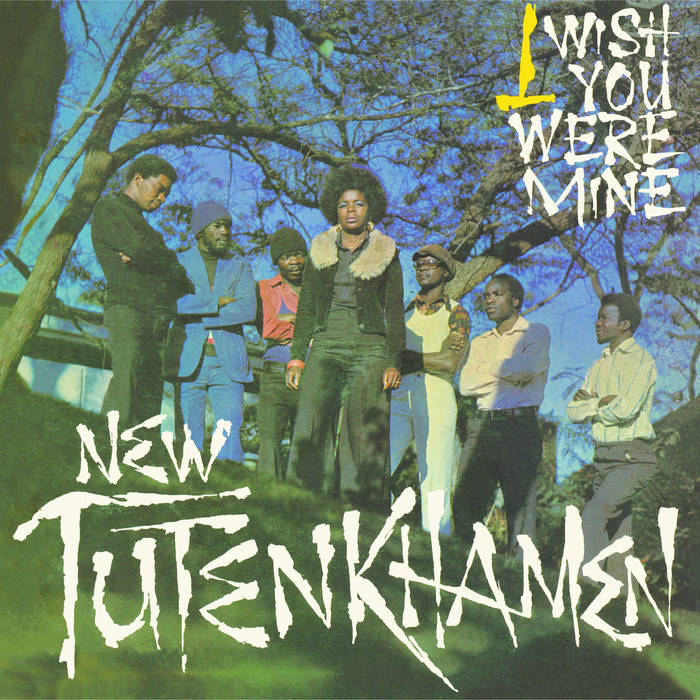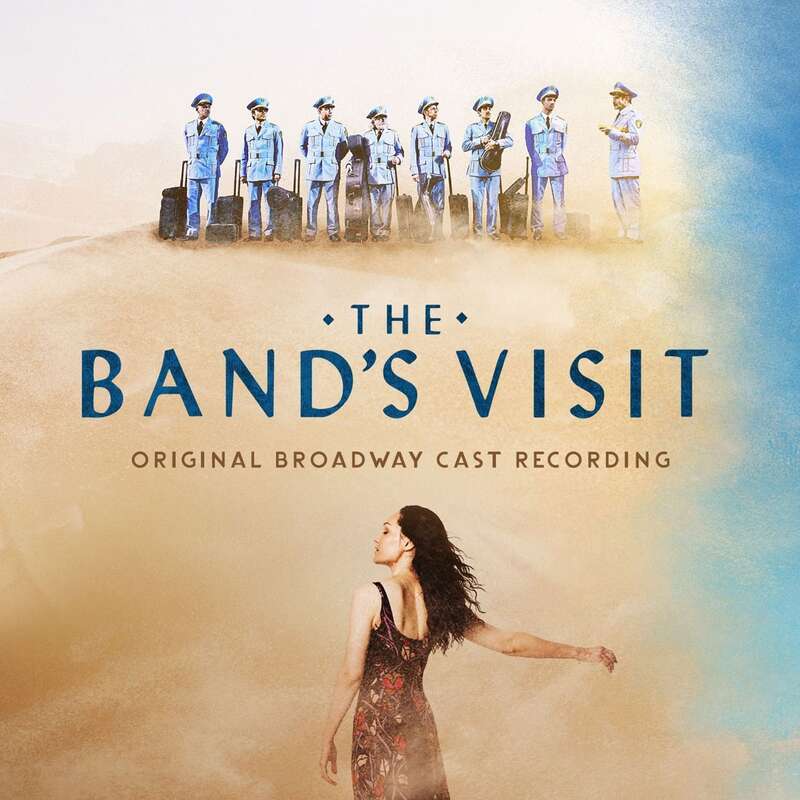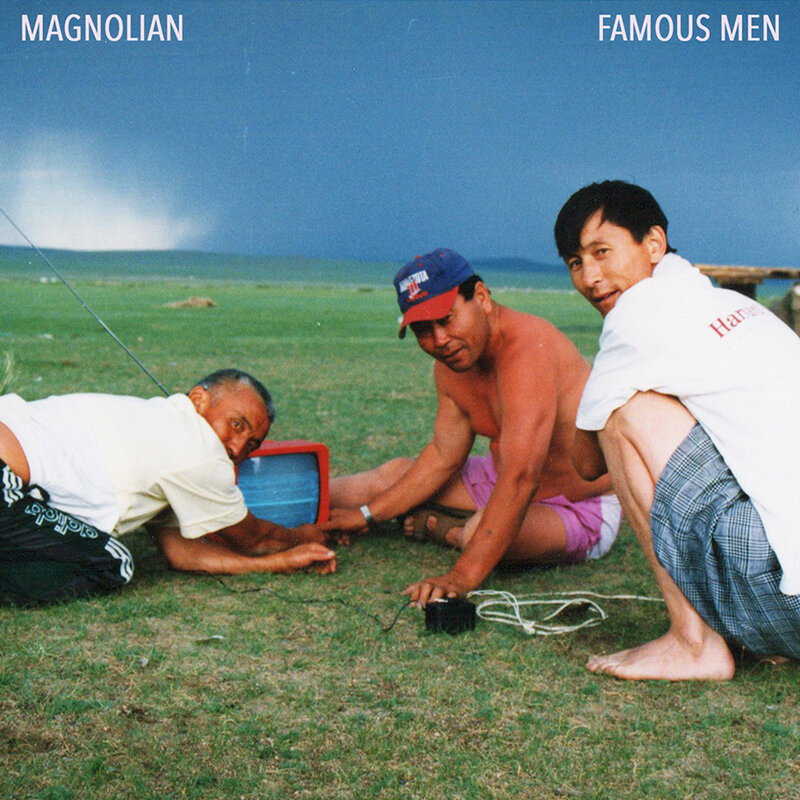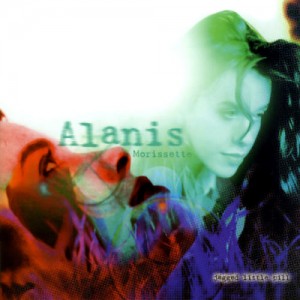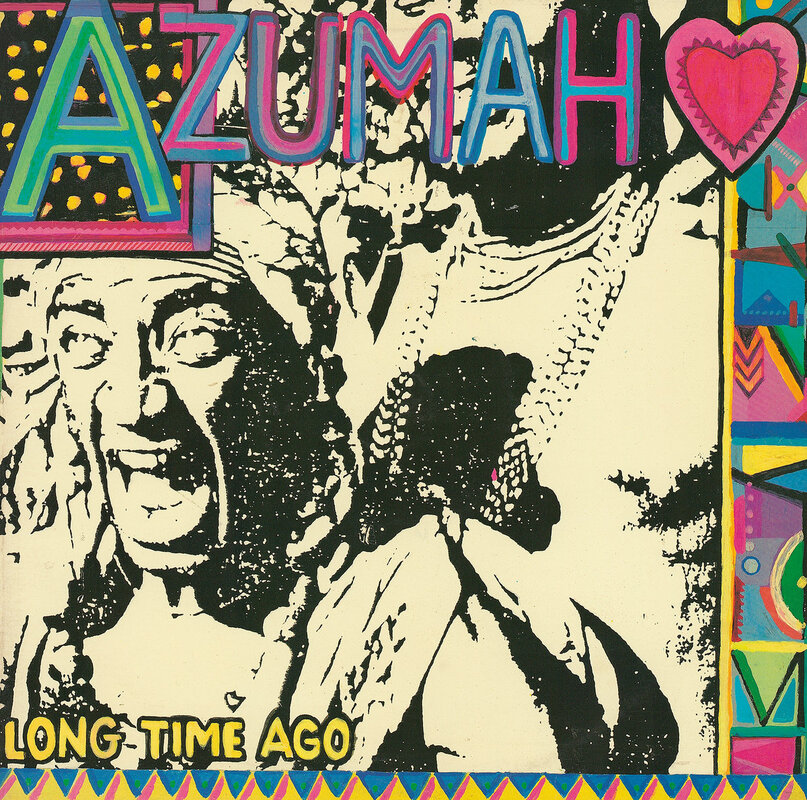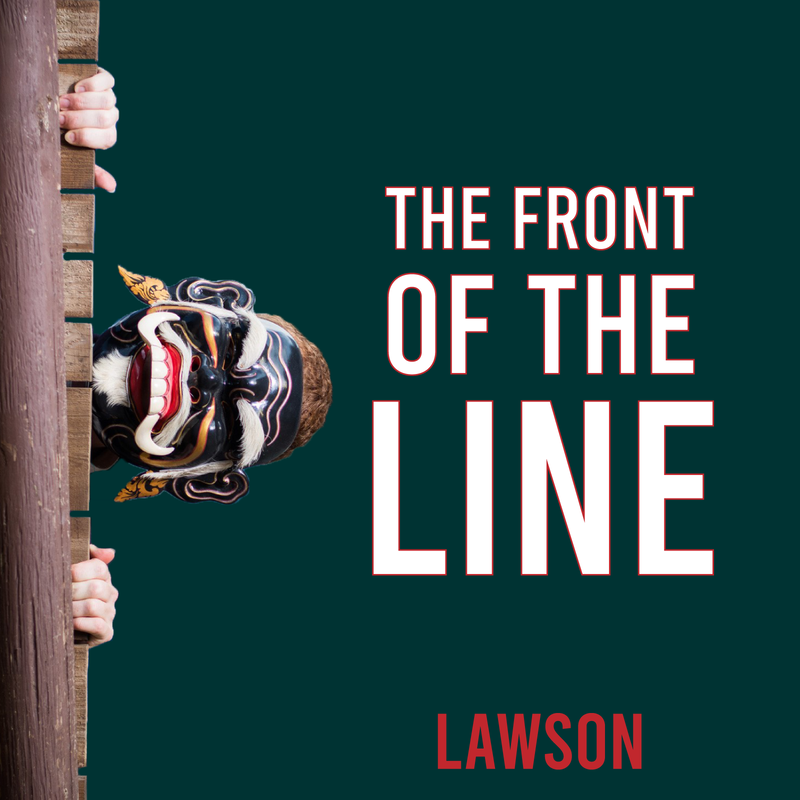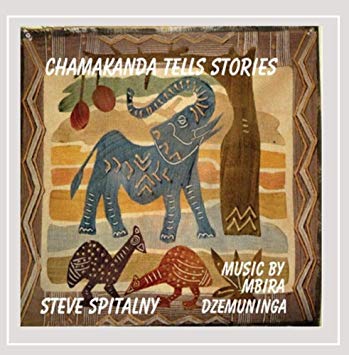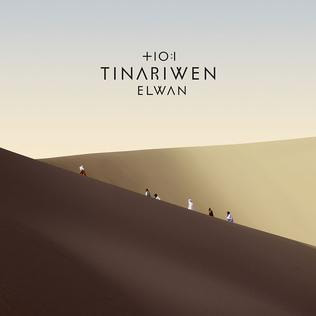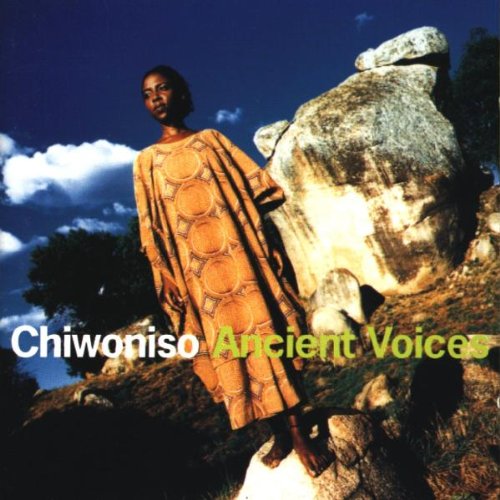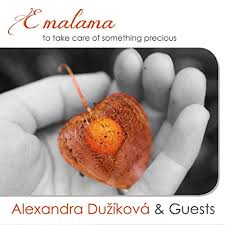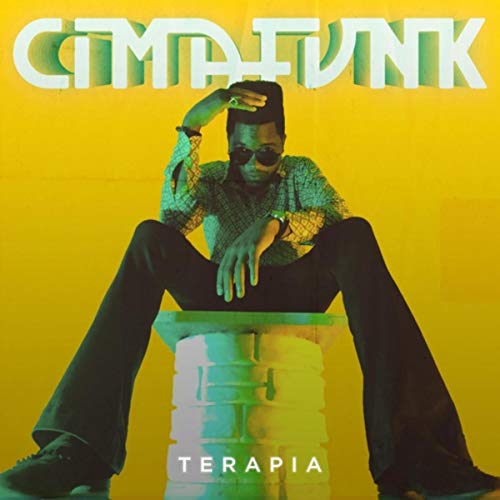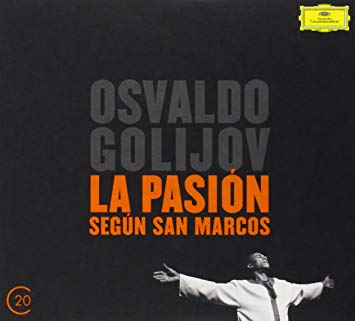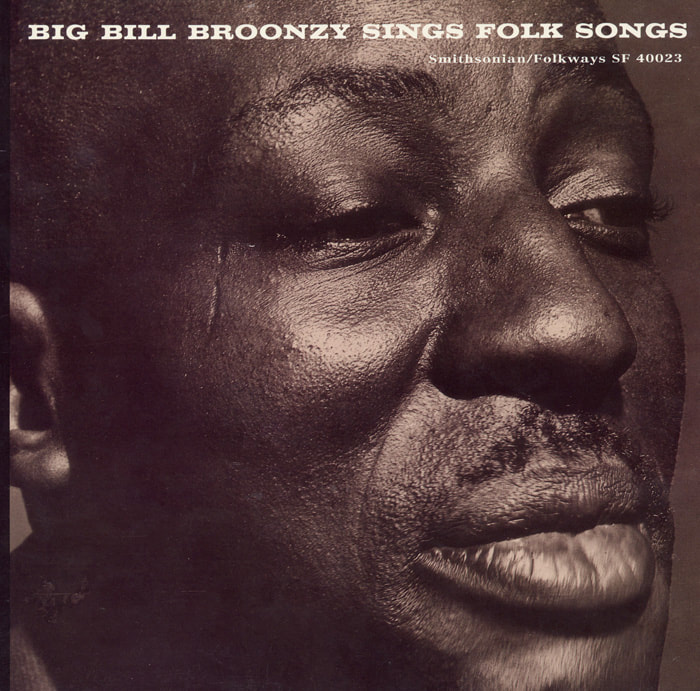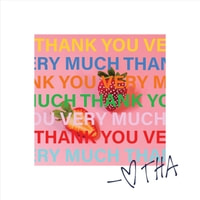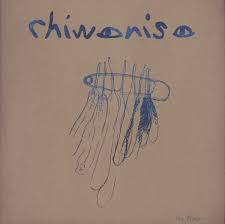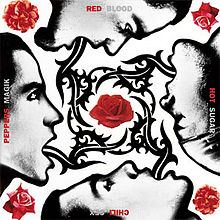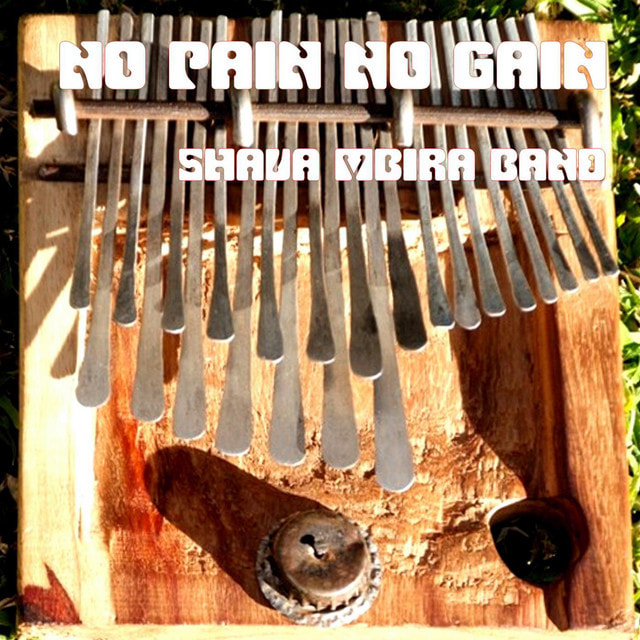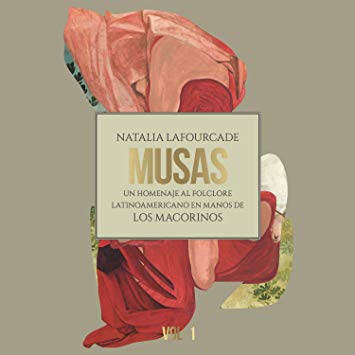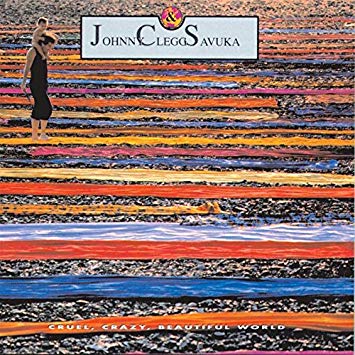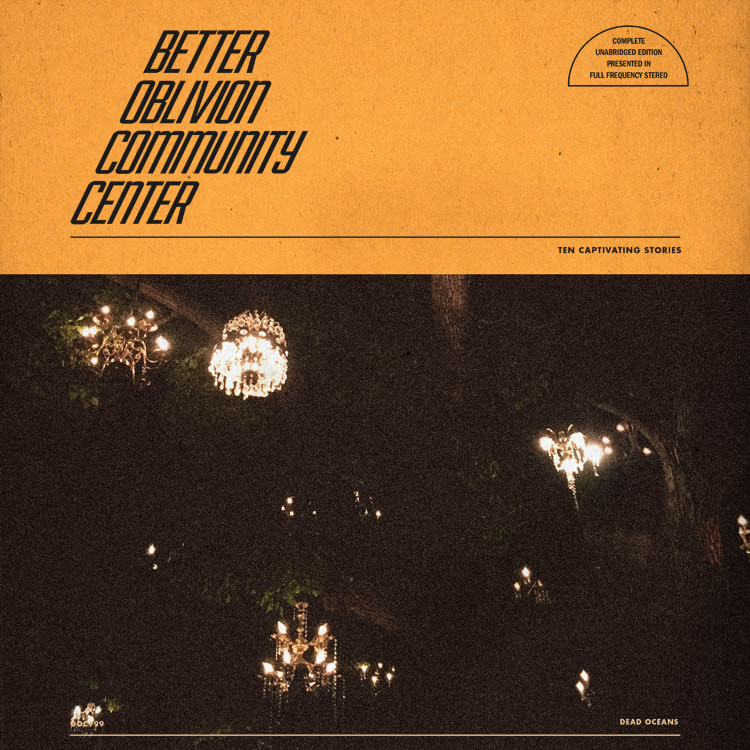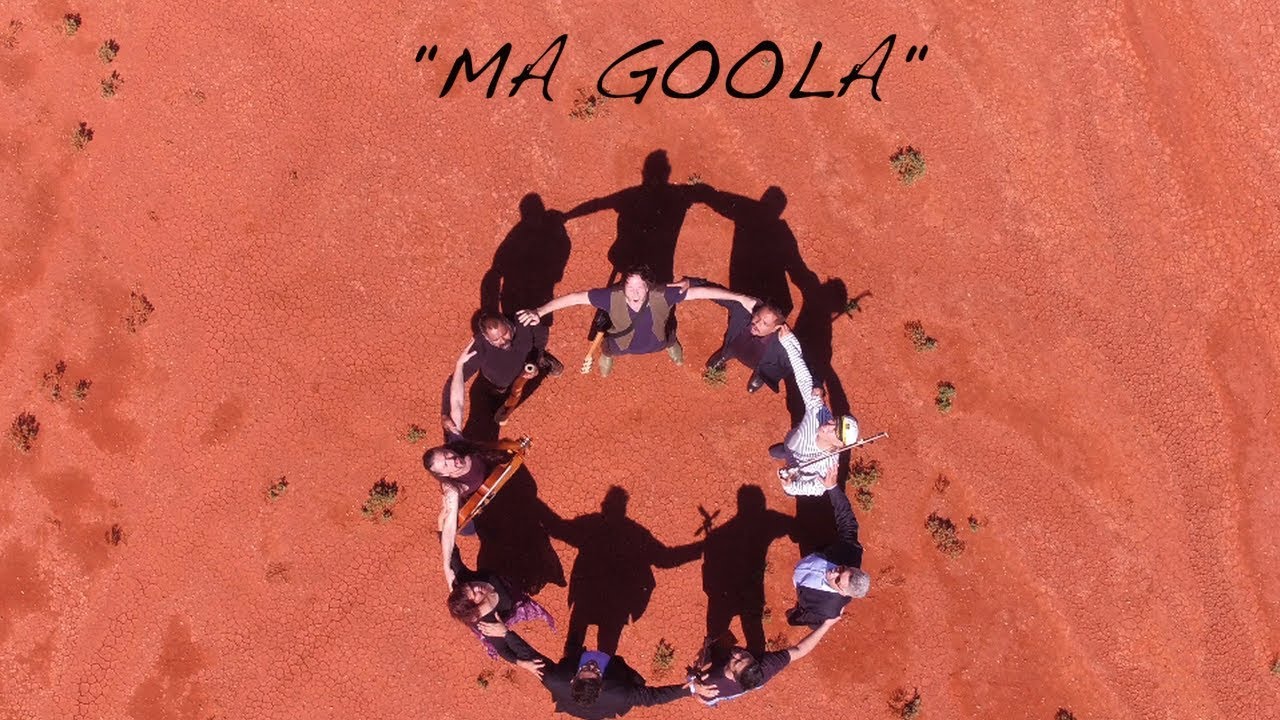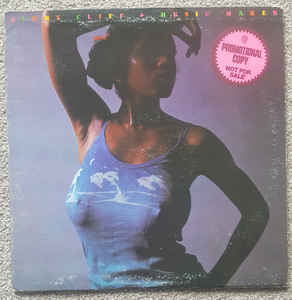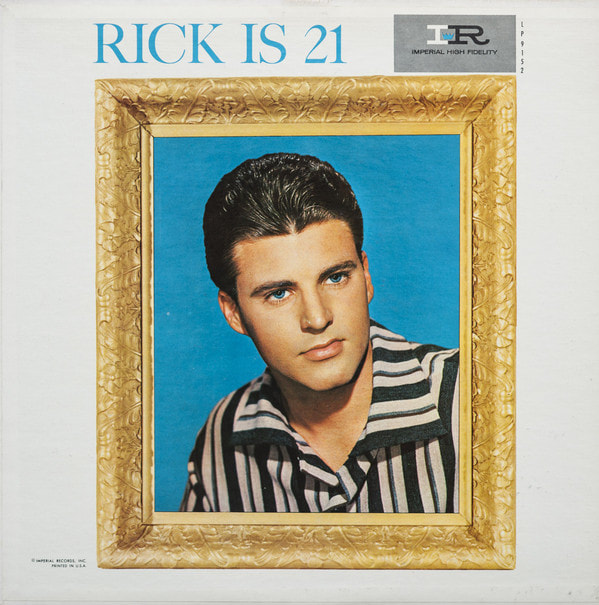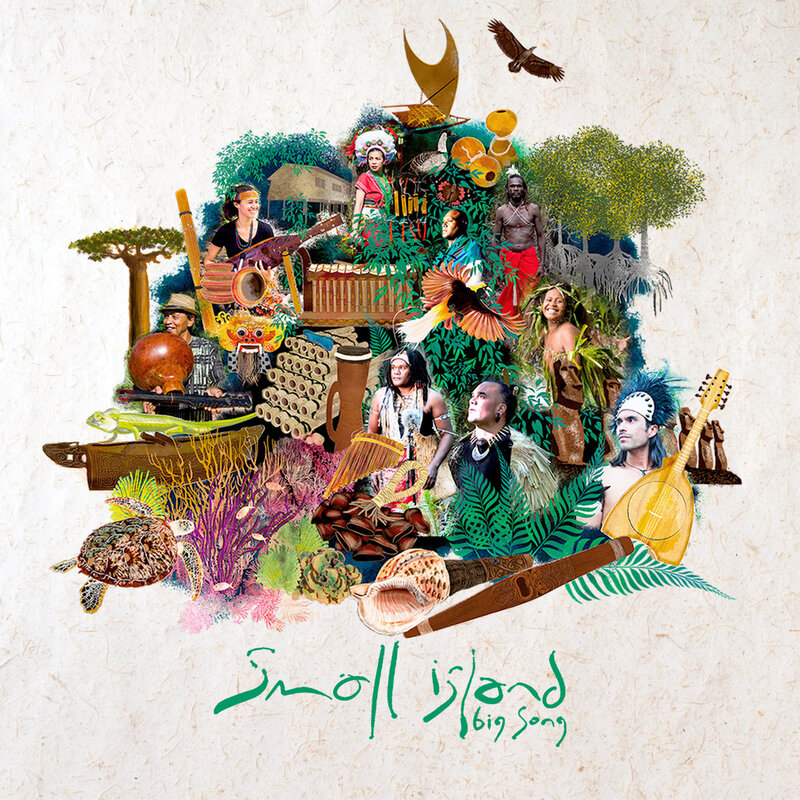In light of all the mbira hype on the internet during Zimbabwe Culture Week 2020, I wanted to take an opportunity to talk about my relationship with this magical instrument. I don't pretend that my mbira experience is more important than anyone else's. Surely the Shona people who use it to commune with their ancestors and other spirits have a much more tangible and authentic connection with far greater longevity. However, I hope that by sharing my mbira story I can provide an explanation-in-part of why this instrument and its music are able to seemingly control a person who thinks to control them. If that's not Lough I don't know what is.
| I first remember hearing mbira music in my second semester at SMU. Because of fate (the usual professor for the first Music History course was on sabbatical) my classmates and I ended up being the first and only group at Meadows to experience Dr. Randy Kinnett's magnificient "Intro to Music in World Societies" class. I took it for granted that this was a normal class - having been a fan of D'drum for years by that time, I figured everyone was on board the World Music train. I was wrong about that, and only later realized how lucky I was. | My Mbira Dzavadzimu (by Samson Bvure) and Me |
The textbook that we used for the class (Music of the Peoples of the World) included a CD with a marvelously diverse set of example recordings. One of them is the textbook author, William Alves, playing excerpts from "Nhemamusasa." Before showing this and a few other examples to the class, Dr. Kinnett gave us a preface about what to expect to hear from the mbira. He said something like "a piano for tiny angels" or "angels laughing." He was pretty spot on - suddenly there was this beautiful sound that certainly no mortal instrument could manifest. After a good discussion of traditional mbira music, Dr. Kinnett also gave us a little background on Thomas Mapfumo and the Chimurenga experience, and we moved on. Well, the rest of the class moved on, but I remember for the next year I would frequently go back to that Alves example to listen to while doing homework or driving in my car. It was more than just a sound - it was a feeling that accompanied it. One of safety, and peace. Someone who I hope I can accurately call a friend outside of the music world is professor Willie Baronet, and Advertising inspirator who is loved by all his students and passionately maintains the "We Are All Homeless" project. He frequently asks people "what is 'home?'" and in the We Are All Homeless documentary, there was an answer I found quite striking - somebody said "safety." I would expand on that a little bit and say "home," for me, is a feeling of safety and peace. But it doesn't have to be a place that creates that feeling - it can be a person you love, it can be a food you enjoy, or it can be a sound that wraps itself around and throughout you like a metaphysical security blanket. That's what I felt, and still feel, when I listened to the mbira.
| Now, for years (since I was a sophomore in High School) I had listened to Penguin Cafe Orchestra (described on Wikipedia as "an Avant-Pop Band"). Their music also felt like home but for different reasons. One day I decided I needed to add more of their music to my iTunes library and I picked a few out at random. One was from the album "When in Rome..." which I thought had cool cover art. The song was called "Cutting Branches for a Temporary Shelter" and there was something oddly familiar about it. I took to Google and realized that the track title was a translation of |
"Nhemamusasa," and that the song was a direct transcription of the original Shona song for harmonica and synth. It's a beautiful piece, recorded live somewhere in Rome, I guess, and it renewed my interest all over again. Shortly after this encounter, we had a project in one of my education classes wherein we had to write out a short arrangement and teach it to the class. I chose to arrange PCO's arrangement of Nhemamusasa, and while it's not relevant to this post, I will add that I killed it when I taught it to the class - as a percussionist, demonstrating syncopated parts and patterns comes naturally. During the same semester I was taking Jazz Vibraphone lessons from the superhuman vibraphone master Ed Smith. I'll come right out and say I was terrible in these lessons. My brain and Music Theory have a relationship built on long, logical discussions, that precludes me from thinking fast when it comes to chord changes and anything of that sort. Ed was incredibly patient with my dunderheadedness - he deserves a lot of credit as a teacher on top of his accolades as a performer. One day I was utterly failing in a lesson and he noticed amongst my sheet music was hidden the arrangement of Nhemamusasa I had made for the EDU class and he asked me about it. Turns out, Ed (one of the members of D'drum) was all about the mbira. I told him how absorbed I was with that inimitable sound and the beautifully direct melody. Then he unloaded knowledge on me and told me about some of the OG mbira albums (pictured below in CD and Vinyl forms).
| The CD and LP versions of Paul Berliner's "The Soul of Mbira" field recordings (links to purchase) | What I thought for a long time to just be collections of various random recordings of mbira artists I later discovered were the field recordings of Paul Berliner, originally released on vinyl as reference audio for his ethnography "The Soul of Mbira" (1978). I spent years listening to the CD versions (available on iTunes) without context over and over again. That same feeling of "home" was always there and whenever I needed an emotional boost or shield, I pulled up my mbira playlist and the woes of the real world dissipated. Soon I decided to buy an mbira of my own, but what I ended up purchasing was a tourist trap (there's always a learning curve). I got a great-looking instrument without any tuning scheme - just random microtonal intervals. So one day I took a hammer, a screwdriver, and an app on my |
phone and I turned it into a diatonic mbira with my own key layout that I still play with love years later. The same semester, the SMU Anthropology department brought in a musical act from Zimbabwe to accompany a visiting lecturer who published a book on the interaction of traditional culture and the Church in Zimbabwe during the colonial era. The musical act was none other than Thomas Mapfumo and the Blacks Unlimited. Perhaps one of the most iconic concerts I've ever witnessed took place on a random weeknight in a lecture hall in the basement of the Student Center, the same place where they give orientation to disinterested Freshmen. My friends and I joined the Zimbawean ex-pats at the front of the stage and tried to dance, but we were sufficiently American to embarrass ourselves thoroughly. I didn't care - I was home.
The floodgates were opened then. I had to get my own Mbira Dzavadzimu - the kind prominently featured on the two album covers and on which Nhemamusasa and many of the most ubiquitous traditional Shona songs are typically performed - to learn to play the music I'd listened to for so long. Thanks to Mbira.com for making that possible, and thanks to Dr. B. Michael Williams for his series of mbira lesson-books that use a uniquely idiomatic form of mbira musical notation and make it easy to learn many great songs and variations. It was the summer after I graduated from SMU, when I got my Mbira Dzv. and the first of Dr. Williams' books, that the culmination of all those little coincidences and bits of fate was achieved. From thenceforth, all the new music, new books, new instruments, &c, that I encountered were intentionally sought out because of my profound love for the instrument. Eventually I read "The Soul of Mbira" and it was one of the most satisfying literary experiences I've ever had. I got copies of the accompanying LPs and, just yesterday, when the Google Doodle celebrated the mbira, I played them through again. They never get old. I'm now the proud father (or loyal subject) of six mbiras of a variety of shapes, sizes, and tunings (or "chunings" as they are called in Zimbabwe - thanks Paul), and I have a playlist in iTunes called "Mbira Manifesto" that has 368 songs making up apparently 1.5 days of airtime. You can add this playlist to your library if you find me on the social part of Apple Music. There's also an mbira track on my first album, The Front of the Line, coming June 12.
It feels weird looking back on my earliest mbira experiences because so many of them were random coincidences - a course that shouldn't have been, a long-defunct Avant-Pop Band covering the same tune from the course, a professor seeing my homework for another class and making the connection ... this is why I said in the beginning of this post that the instrument controls people, rather than the other way around. Clearly it was drawing me in from the start for a reason beyond my understanding. The more I play, listen, and learn about the mbira, the more I realize that thousands, maybe hundreds of thousands, maybe millions of people across the planet have been gleefully enslaved by the instrument in the same manner. Everybody has a different reason for their obsession, but I would be willing to bet most of them have to do with that sound that emanates from those innocuous metal tines. The sound of tiny angels laughing while playing the piano - the sound of safety and of peace - the sound of home.
Lawson Malnory
22 May 2020
Lower Greenville, Dallas
PS: Some mbira to listen to on your streaming service of choice
(Song, Artist, Album)
Hallelujah - Simon Mashoko - Hallelujah
Zvichapera - Jacob Mafuleni & Gary Gritness - Batanidzo
Butsu Mutandari - Michael Spiro/Michael Williams - BataMbira
Mbiriviri - Simon Mashoko - Zimbabwe: The Soul of Mbira - Traditions of the Shona People
Toputika neshungu - Mbira Dze Nharira - Tozvireva Tingaputike Neshungu
The floodgates were opened then. I had to get my own Mbira Dzavadzimu - the kind prominently featured on the two album covers and on which Nhemamusasa and many of the most ubiquitous traditional Shona songs are typically performed - to learn to play the music I'd listened to for so long. Thanks to Mbira.com for making that possible, and thanks to Dr. B. Michael Williams for his series of mbira lesson-books that use a uniquely idiomatic form of mbira musical notation and make it easy to learn many great songs and variations. It was the summer after I graduated from SMU, when I got my Mbira Dzv. and the first of Dr. Williams' books, that the culmination of all those little coincidences and bits of fate was achieved. From thenceforth, all the new music, new books, new instruments, &c, that I encountered were intentionally sought out because of my profound love for the instrument. Eventually I read "The Soul of Mbira" and it was one of the most satisfying literary experiences I've ever had. I got copies of the accompanying LPs and, just yesterday, when the Google Doodle celebrated the mbira, I played them through again. They never get old. I'm now the proud father (or loyal subject) of six mbiras of a variety of shapes, sizes, and tunings (or "chunings" as they are called in Zimbabwe - thanks Paul), and I have a playlist in iTunes called "Mbira Manifesto" that has 368 songs making up apparently 1.5 days of airtime. You can add this playlist to your library if you find me on the social part of Apple Music. There's also an mbira track on my first album, The Front of the Line, coming June 12.
It feels weird looking back on my earliest mbira experiences because so many of them were random coincidences - a course that shouldn't have been, a long-defunct Avant-Pop Band covering the same tune from the course, a professor seeing my homework for another class and making the connection ... this is why I said in the beginning of this post that the instrument controls people, rather than the other way around. Clearly it was drawing me in from the start for a reason beyond my understanding. The more I play, listen, and learn about the mbira, the more I realize that thousands, maybe hundreds of thousands, maybe millions of people across the planet have been gleefully enslaved by the instrument in the same manner. Everybody has a different reason for their obsession, but I would be willing to bet most of them have to do with that sound that emanates from those innocuous metal tines. The sound of tiny angels laughing while playing the piano - the sound of safety and of peace - the sound of home.
Lawson Malnory
22 May 2020
Lower Greenville, Dallas
PS: Some mbira to listen to on your streaming service of choice
(Song, Artist, Album)
Hallelujah - Simon Mashoko - Hallelujah
Zvichapera - Jacob Mafuleni & Gary Gritness - Batanidzo
Butsu Mutandari - Michael Spiro/Michael Williams - BataMbira
Mbiriviri - Simon Mashoko - Zimbabwe: The Soul of Mbira - Traditions of the Shona People
Toputika neshungu - Mbira Dze Nharira - Tozvireva Tingaputike Neshungu
